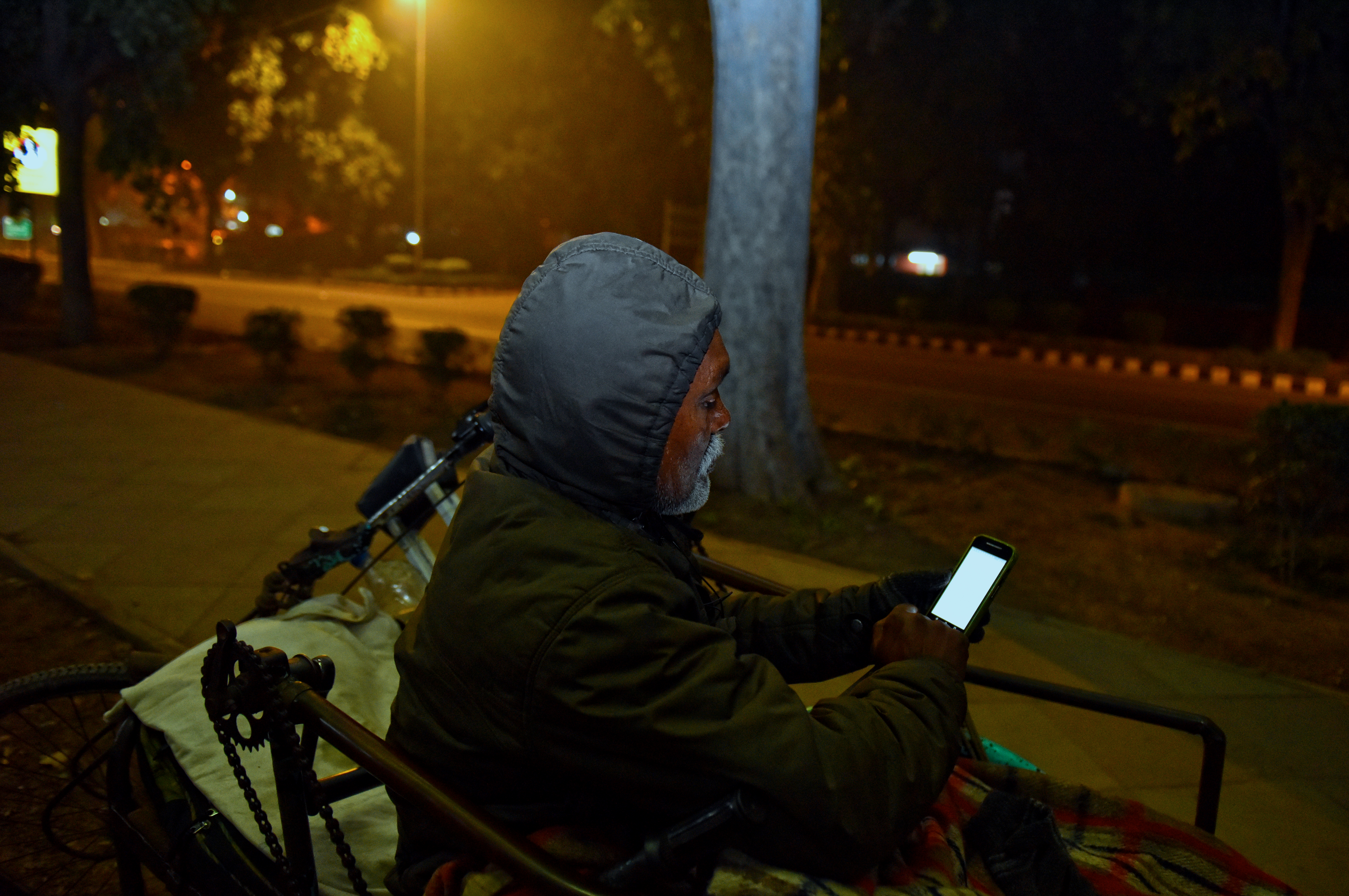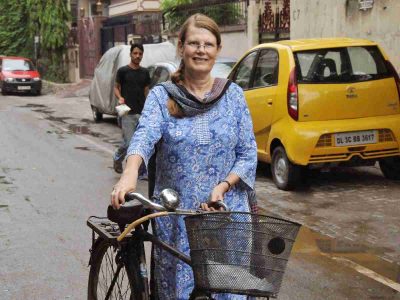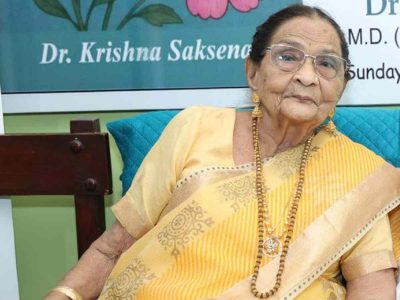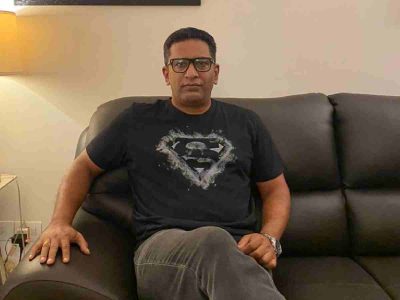For the first time, Patriot features a common man in its Question and answer page: Nand Lal, who has been living on the city’s streets for years
Nand Lal, 45, lost his legs in a road accident in Deoria, after which he came to Delhi to look for better opportunities and a livelihood. Here he speaks about his childhood, his experience in the city working as a caretaker in the night shelters and the lack of opportunities for homeless and differently abled people.
What were you doing before you came to Delhi?
I was born in Deoria district, UP. I have three other siblings and my parents worked as labourers in a factory nearby our home. I went to school for just three months, I didn’t like it and then persuaded my parents to not send me to school. At the age of 4, I officially left school. I was just whiling away my time, playing games in the village. I was very mischievous as a kid, and had temper issues. I couldn’t understand what’s a joke and what’s not. That really spoiled my relationship with my family, especially with my uncle.
At the age of 15, I started driving a truck. I was a conductor before that and found it an enjoyable experience. I got the licence by bribing the officer. However, they told me that the licence will only be valid during night time, so I could drive the truck only at night.
Once an accident happened while I was driving the truck. It was a pretty severe accident due to which I lost both my legs. I became differently abled that day. It was tragic, of course, but I didn’t take it to heart and carried on with life. I think it’s because of my will to live.

How was your childhood?
As I mentioned earlier, I was always very mischievous. Since I stopped going to school, I didn’t have much to do during daytime. My siblings used to go to school and I used to be at home. My uncle who used to live with us was a teacher and a highly educated man at that time. He used to tell me that education is important, but I never listened to him.
Every night, he used to narrate this story of a boy and it had a pretty sad climax. Every night he would narrate the story in front of me and his son and I would end up getting depressed. When they used to study, I used to feel that an illiterate person is sitting beside them and disturbing them. I don’t know why but it made me very sad. I used to leave home and go for a walk.
One day, I got so irritated that I started shaking up the small tree in our verandah, and told my uncle that I would kill him that night, because i got fed of listening to the same story again and again. He got worried about what would follow but eventually went off to sleep. I was pretty furious.
The next morning, I took a decision to study and asked my cousin to bring the books. He and my uncle started teaching me. They also told me that in English what you write is not what you mean to say, so that’s a difficulty I face even today.
In school, I used to get beaten up by the teacher because I couldn’t properly draw a circle, I can’t do that even today.
One day I also read the story my uncle used to narrate, but I realised that he used to do it for his own revision and not to make me sad. Gradually I gained control over my anger.
Tell us about how you came to Delhi.
I came to Delhi in 1989 on a train with my wheelchair. Since I had nowhere to go, no home and no friends or family members here, I started sleeping at Old Delhi Railway Station. That was my first home here and I stayed there for 2-3 months.
Fortunately, I came across a man called TC Sharma there who used to help differently abled people. He provided us with shelter and used to tell us about the places where we can go and look for food.
Did you not look for work?
I knew Delhi is a big city and there will be plenty of work. Without work you can’t function in life. I first went to a factory in Okhla, and saw a notice there mwntioning that they needed labourers. I enquired and told them that if they’re giving Rs 20 to someone who’s not differently abled, then I can manage with Rs 18, but they turned me away. I had some money from home but I spent it quickly to buy food and other utilities. I went to Seelampur too but there also I was denied work.
Then in around 2000, I got myself enrolled with Aashray Adhikar Abhiyan (an NGO) and I met Indu Prakash Singh. He transformed me completely as a person. I was given training for three months on how to help other homeless people, understand their problems and help them in whichever way we could.
I learnt a lot during this time. Soon I was sent to a night shelter in Old Delhi where the scene was really bad: It was very crowded and lots of drunkards used to live there. My job was to keep the shelter free from fights and overcrowding. I was good at my job. I managed a lot of rain baseras and I was appreciated for the kind of work I was doing.
Do you think those who are differently abled are not given work easily?
I once went to a seminar for differently abled people. Questions were raised as to why we are not given work easily.
There a person who owned a footwear factory narrated a story of a differently abled person whom he found on the streets. He gave him work, and gradually entrusted him with running the factory, paying out salaries. One day a delivery of Rs 30 lakh was to come and since the employer was out of the country, that person had to receive it. He took off with it. The employer traced him to his village in Bihar but was put in jail when the family accused him of attempt to murder. The employer was released after three days but never got the money back.
I don’t think it’s right but rich people sit with each other, and stories like this spread. Maybe situations like these have changed their perception to-wards the differently abled .
What do you have to say about the people of Delhi?
They’re helpful in general. I didn’t bring even a blanket from home, so whatever I have given to me by the public only. I get food, blankets and sometimes money too from people. My wheelchair is motorised, so sometimes I use that money to fill up the petrol in the tank. The public is the real saviour, not any government or minister. Every office is dominated by Brahmins. It’s not right. Politicians are eating up the country like termites.
But I’m silent now. I had difficulties with the organisation I was working for, it’s the system everywhere. I’m happy using my smartphone. I watch YouTube videos, I comment on them and get replies, it’s engaging.





